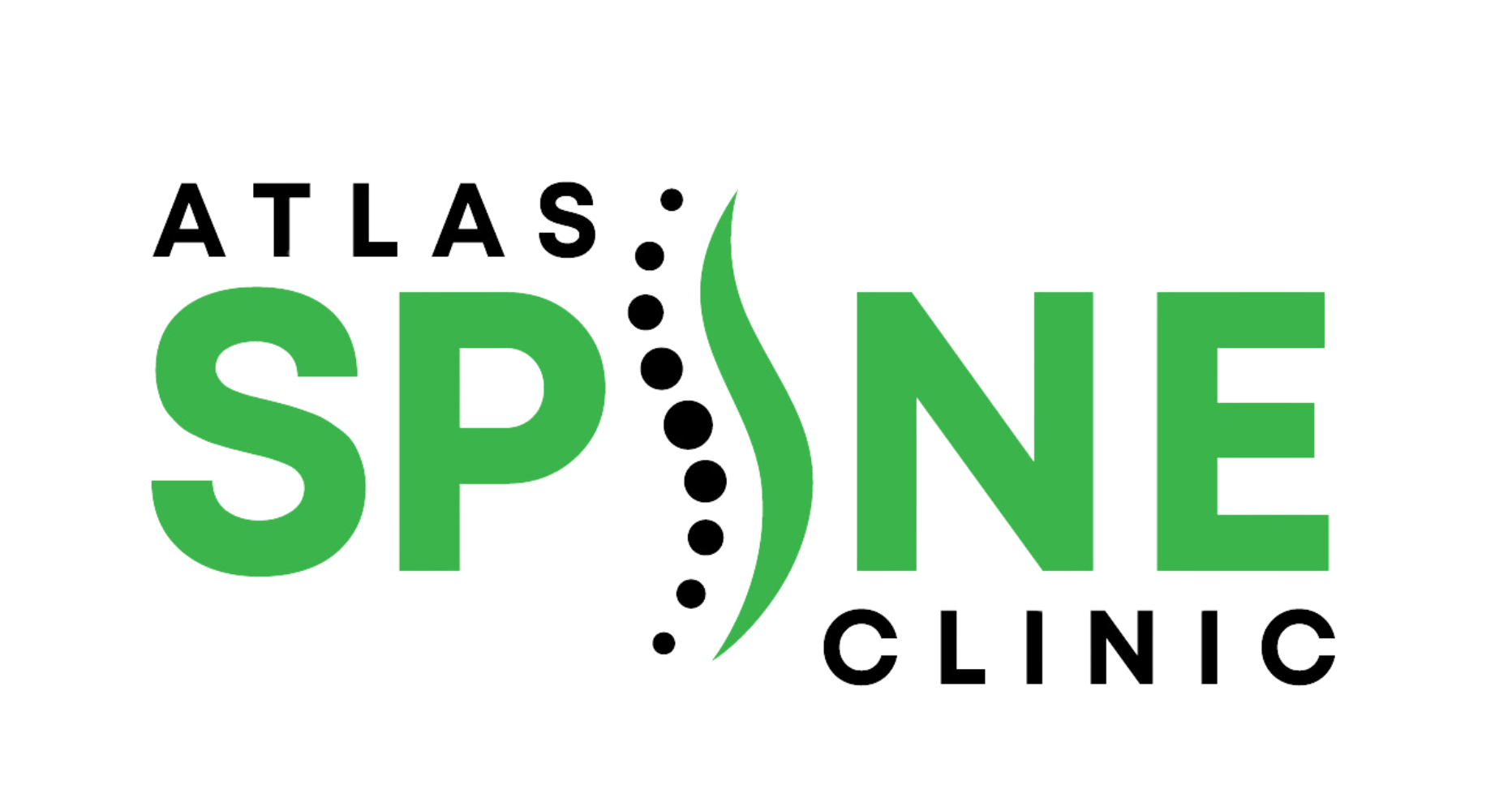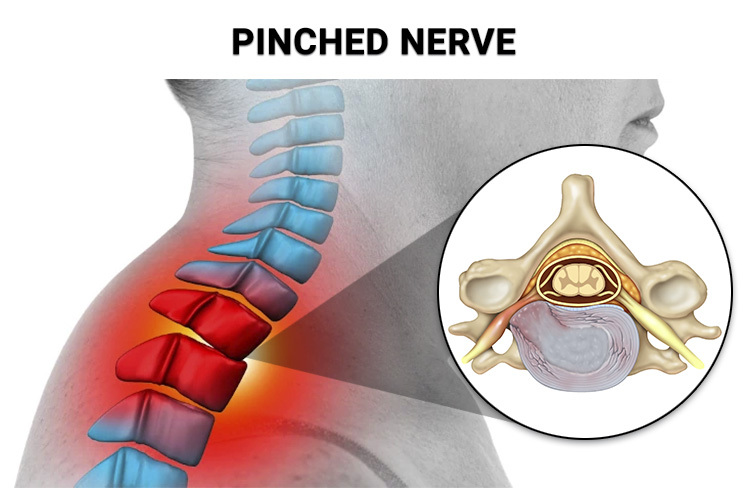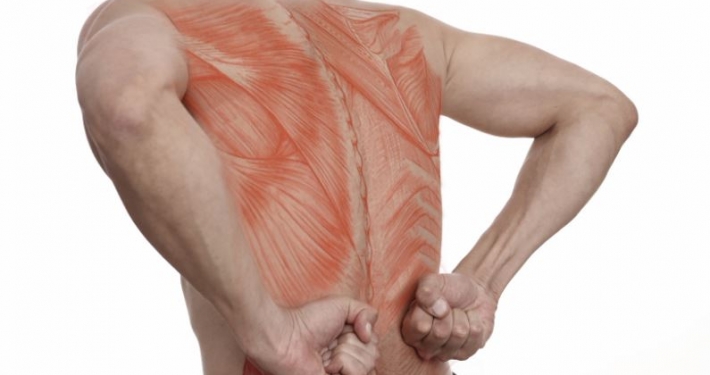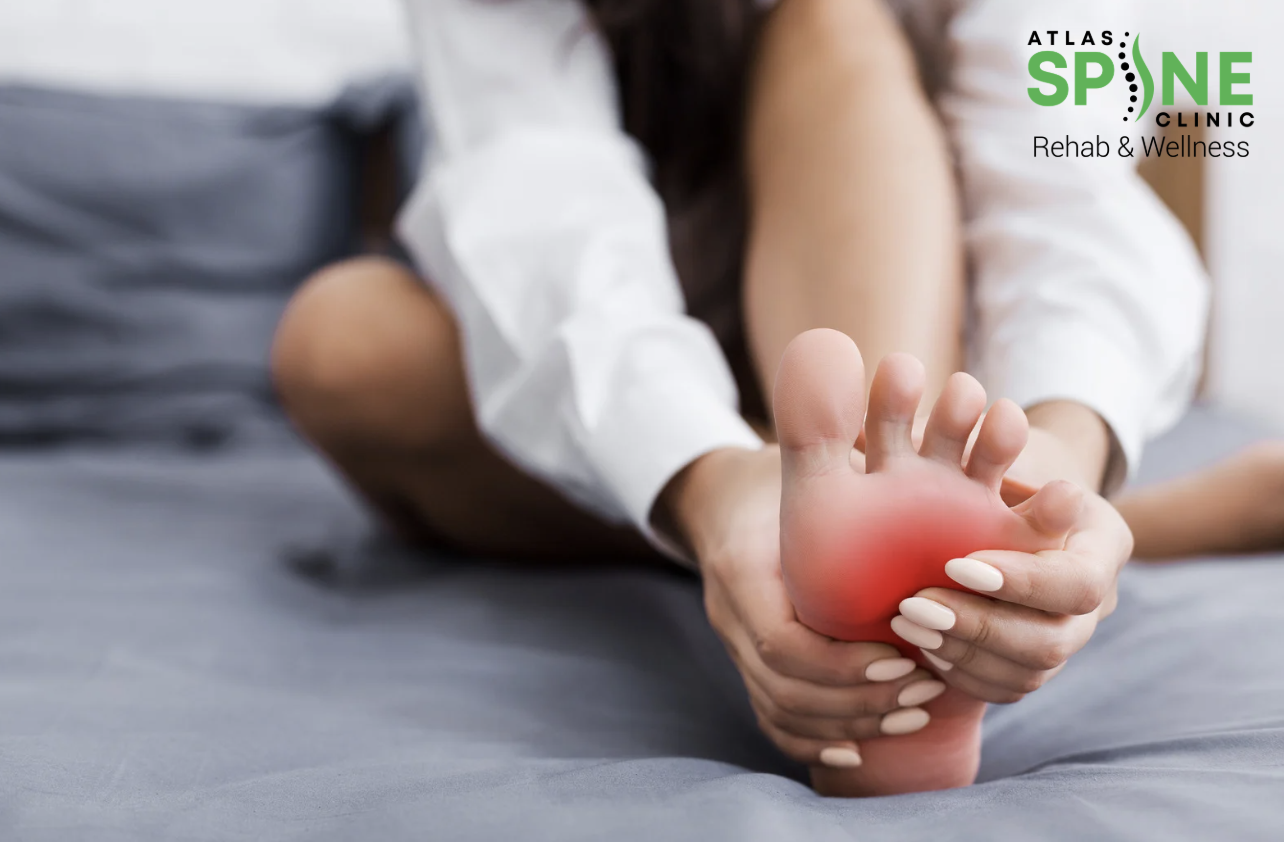Ever felt a sharp, persistent pain or tingling that just won’t go away? It might be a pinched nerve—a common issue that can interfere with your daily life. Painkillers might offer temporary relief, but they don’t always solve the problem. That’s where you need chiropractic care.
Chiropractors focus on targeting the root cause of the pain, offering natural, drug-free solutions that help your body heal itself. Have a look at the breakdown of everything you need to know about how chiropractic care works, what to expect, and why it might be the solution you’ve been searching for.
What Is a Pinched Nerve?
A pinched nerve happens when something puts too much pressure on a nerve, like bones, muscles, or tissues around it. This pressure can stop the nerve from working properly, causing pain, tingling, numbness, or weakness.
Pinched nerves often happen in areas like the neck, back, shoulders, or wrists. Common causes include poor posture, repeated movements, or injuries like a herniated disc.
Sometimes, a pinched nerve gets better with rest, but if the pain doesn’t go away, professional care may be needed. Chiropractic treatment can help by addressing the root cause and easing the pressure on the nerve.
Symptoms of a Pinched Nerve
A pinched nerve can cause a variety of symptoms, depending on where the nerve is located and how severely it’s compressed. Let’s break down the most common symptoms –
1. Sharp or Burning Pain
The pain from a pinched nerve often feels sharp or burning and may radiate along the affected nerve. For example, if the nerve in your neck is pinched, you might feel pain shooting down your arm. Similarly, a pinched nerve in your lower back could send pain down your leg.
In some cases, the pain stays in one area, making it easier to identify the problem spot.
2. Tingling or “Pins and Needles”
A tingling sensation, often described as “pins and needles,” is a classic sign of a pinched nerve. This can happen in areas like the hands, fingers, feet, or toes.
It’s usually a result of the nerve sending abnormal signals due to the pressure it’s under.
3. Numbness
If the pressure on the nerve is severe, it can block the nerve from sending signals, leading to numbness in the affected area.
This numbness can range from mild to complete, depending on how long the nerve has been compressed.
4. Muscle Weakness
The muscles controlled by the affected nerve might feel weak or difficult to control. For example, a pinched nerve in your wrist could make gripping objects challenging, while one in your back might make it harder to stand or walk.
This symptom often signals that the nerve has been under pressure for some time and requires immediate attention.
5. Worsening Symptoms with Certain Movements
Activities like turning your head, sitting for long periods, or repetitive movements can aggravate a pinched nerve, making the symptoms more noticeable.
For instance, sitting at a desk with poor posture might worsen a pinched nerve in your lower back.
6. Radiating Symptoms
Sometimes, the symptoms don’t stay confined to one area. A pinched nerve in the spine can cause symptoms that travel along the nerve path, such as from your neck to your fingers or from your lower back to your toes.
Pinched Nerve Treatments
Treating a pinched nerve focuses on relieving the pressure causing the problem and promoting healing. Here are some of the most effective treatment options:
1. Rest and Activity Modification
Resting the affected area is one of the simplest ways to reduce pressure on the nerve.
Avoid repetitive movements or activities that worsen the symptoms. For example, if typing aggravates a pinched nerve in your wrist, taking breaks or adjusting your position can help.
2. Chiropractic Care
Chiropractors use gentle, targeted adjustments to realign the spine or joints, reducing pressure on the pinched nerve.
This treatment is non-invasive and helps restore proper nerve function while relieving pain.
3. Physical Therapy
A physical therapist can guide you through exercises to strengthen the muscles around the affected nerve.
These exercises improve flexibility, support recovery, and help prevent future problems.
4. Massage Therapy
Massage can relax tight muscles and tissues around the nerve, easing the pressure.
It also improves blood flow, which promotes healing and reduces inflammation.
5. Heat and Cold Therapy
Applying heat can relax muscles, while cold therapy reduces swelling and inflammation around the nerve.
Alternating between the two may provide relief from pain and discomfort.
6. Anti-Inflammatory Medications
Over-the-counter medications like ibuprofen or aspirin can help reduce inflammation and alleviate pain. However, these provide temporary relief and don’t address the root cause.
7. Lifestyle Changes
Improving posture, maintaining a healthy weight, and using ergonomic furniture can prevent nerve compression.
Regular stretching and strengthening exercises can also help keep your muscles and nerves in good shape.
8. Surgical Options (For Severe Cases)
If non-invasive treatments don’t work and the symptoms persist, surgery might be needed to relieve the nerve compression. This is usually considered a last resort.
Benefits of Chiropractic Treatment for Pinched Nerves
Chiropractic care is a safe and natural way to treat pinched nerves. Here’s how it can help:
- Relieves Pain at the Source
Chiropractors reduce the pressure causing the pinched nerve, providing relief without the need for painkillers.
- Non-Invasive and Drug-Free
It’s a hands-on treatment that avoids surgery or medication, making it a safer option.
- Restores Nerve Function
Chiropractic adjustments realign your spine or joints, allowing the nerve to function properly again and reducing pain, numbness, or tingling.
- Speeds Up Healing
By improving blood flow and reducing inflammation, chiropractic care helps your body heal faster.
- Improves Movement
Adjustments relieve stiffness, helping you move more freely and comfortably.
- Prevents Future Problems
Chiropractors teach you how to improve posture and lifestyle habits to avoid pinched nerves in the future.
- Tailored to Your Needs
Chiropractors create a treatment plan that fits your specific condition, making it more effective.
- Boosts Overall Well-Being
Beyond pain relief, chiropractic care improves alignment and reduces stress on your body, helping you feel better overall.
See a Chiropractor For Pinched Nerve Relief
If you’re dealing with pain, numbness, or tingling from a pinched nerve, a chiropractor can help. Chiropractors focus on finding and fixing the cause of nerve compression, providing relief through safe, hands-on care.
During your visit, the chiropractor will examine you and may use imaging tests to find out what’s causing the problem. They’ll then create a personalized treatment plan to reduce pressure on the nerve and help your body heal. This often includes gentle adjustments to realign your spine or joints, improving movement and easing pain.
One of the best things about chiropractic care is that it’s natural and doesn’t rely on medications or surgery. Many people notice relief after just a few sessions, and the benefits can last with regular care.
Whether your pinched nerve is caused by posture, repetitive movements, or an injury, chiropractic care can provide lasting relief and help prevent the problem from coming back.
Affected Body Parts in Pinched Nerve
A pinched nerve can occur in various parts of the body, but some areas are more prone to nerve compression due to their structure and daily use. Here’s a closer look at the most commonly affected areas:
Pinched Nerve in Shoulder
The shoulder is a frequent site for pinched nerves, often caused by repetitive movements, poor posture, or injuries like rotator cuff tears. Symptoms include sharp pain, tingling, and numbness that can radiate down the arm. Chiropractic care can help by relieving nerve pressure through targeted adjustments and improving mobility.
Quick Tips: Avoid heavy lifting, use proper posture, and take breaks from repetitive tasks.
Pinched Nerve in Neck
A pinched nerve in the neck is often due to herniated discs, poor posture, or arthritis. It can cause pain, stiffness, or tingling that extends to the shoulders, arms, or hands. Chiropractic adjustments can realign the neck, reducing nerve compression and restoring function.
Quick Tips: Use supportive pillows, take breaks from screen time, and practice good posture.
Pinched Nerve in Lower Back
The lower back is another common area for pinched nerves, often linked to sciatica, herniated discs, or overuse. Symptoms may include sharp pain, numbness, or weakness that travels down the legs. Chiropractic care reduces inflammation and improves spinal alignment to ease pressure on the affected nerve.
Quick Tips: Avoid prolonged sitting, stretch light, and maintain a healthy posture.
Wrapping Up
A pinched nerve can disrupt your life, but it doesn’t have to. Chiropractic care provides a natural, effective solution by addressing the root cause and helping your body heal. With proper treatment and healthy habits like good posture and regular exercise, you can find relief and prevent future issues. Don’t wait—consult a chiropractor today and take the first step toward a pain-free life.
FAQs
1. How Does a Chiropractor Fix a Pinched Nerve?
Chiropractors use gentle adjustments to relieve nerve pressure, improve alignment, and reduce inflammation. They may also recommend exercises and posture tips to support recovery.
2. What’s Better for a Pinched Nerve: Physical Therapy or Chiropractor?
Chiropractors focus on relieving nerve pressure, while physical therapists strengthen and stretch muscles. Both can help, but combining the two often gives the best results.
3. How Long Does a Pinched Nerve Take to Heal?
Mild cases may heal in a few days, while severe ones can take weeks or months. Chiropractic care can speed recovery by addressing the root cause.










